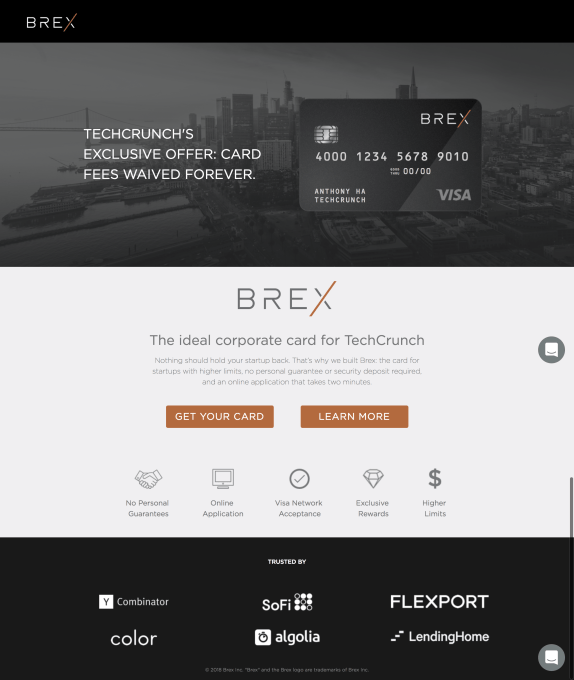Mutiny, which is part of the current batch of startups at accelerator Y Combinator, helps business-to-business, software-as-a-service companies present a message that’s customized to each visitor on their website.
Co-founder and CEO Jaleh Rezaei said this concept is alive and well in the analog world: When she was at VMware, sales reps were given materials to help them tailor their pitch for each prospective customer. Then, when she was one of the early employees at HR services startup Gusto, she tried to do something similar online, only to find that existing software wasn’t quite up to the task.
There are landing page optimization tools, but Rezaei asked, “Who wants to create a thousand versions of your website?” And there are A/B testing tools, but Rezaei argued that they’re really designed to test “generic content” and use “very little audience intelligence.” And as for creating your own personalization tools, many companies will find that it requires “way too much engineering effort.”
That’s where Mutiny comes in. It integrates with existing data sources to allow businesses to divide their customers into segments. Then they can use Mutiny’s graphical interface to create personalized elements of the webpage for each segment.
For example, when you visit the homepage of Mutiny customer Amplitude, things like the customer testimonials and the call to action will change depending on the size of your company. Or when Brex customers click through from an email marketing campaign, they’ll see a credit card offer tailored to their name and company.

These kinds of changes might not seem all that significant, but Rezaei said that when someone visits a B2B website, they’re probably interested in the product or service already. If they’re not converting, it’s probably because “they didn’t find what they wanted right away.” Mutiny can help surface the right content or the right message for the right customer.
The startup will also compare the personalized results to the generic webpage to help determine what does and doesn’t improve the bottom line. Rezaei said some of Mutiny’s early customers (who include Gusto, Infusionsoft and Brex) have seen conversion rates improve by 20 to 180 percent.
“That’s not to say that every test performs better, but the nice thing here is that you immediately see how something is performing,” she added.
Eventually, Rezaei is hoping to expand Mutiny’s technology so that it can personalize every aspect of the B2B purchase experience, including email and ad retargeting.
“Our passion as a founding team is growth,” she said. “Progress occurs not when you just build something, but when that product makes it into the hands of the person for whom it was intended to help.”










